The economy of Pakistan is still evolving that is the reason they price of the dates of Zahidi goes up and down. Despite being very destitute in 1947, Pakistan’s economic growth rate over the next four decades exceeded the world average. However, due to incorrect activities in the 1370s, this rate was reduced. Recent important economic reforms have increased overall growth rates, particularly in the industrial and financial services (economic) sectors. In recent years, the sources of fixed currency have expanded dramatically, as has the foreign exchange situation. The country’s foreign debt was projected to reach 40 billion US dollars in 2005. However, IMF aid and debt forgiveness from the United States of America have helped to alleviate some of the burdens. In 2005, its GDP was expected to be 404.6 billion dollars, with a per capita GDP of $2400 dollars. Over the last five years, Pakistan’s GDP growth rates have steadily increased. In comparison to the 1.8% GDP growth rate in 2001, the country’s nominal GDP growth rate in the fiscal year that ended on June 30, 2005, was around 8.4%. Pakistan has surpassed China as the world’s second-fastest-growing major economy in terms of growth rate. However, it is difficult to sustain this growth rate owing to inflationary pressures, a shortage of reserves, and other economic problems, and inflationary pressures. Because of the expansion of non-agricultural businesses, the economy presently accounts for just 20% of GDP. Wholesale and retail trade make for more than 30% of the country’s service sector, which accounts for around 53% of its GDP. 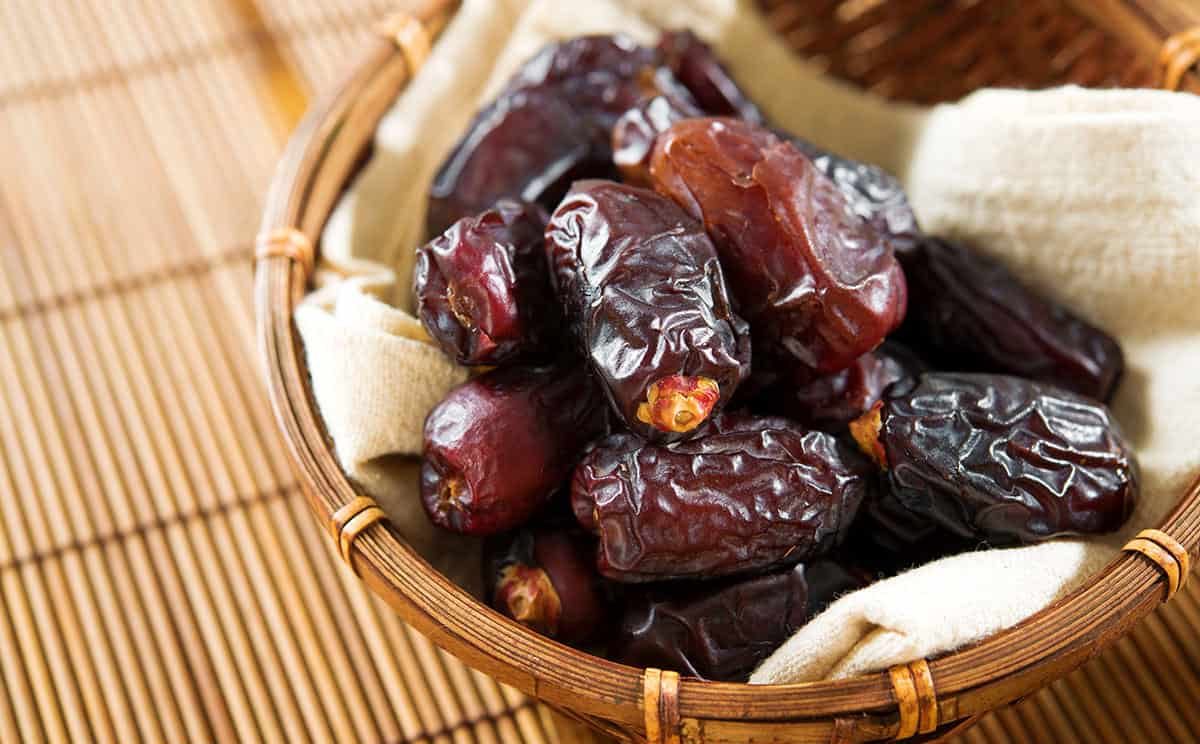 The Karachi stock exchange has recently experienced a boom comparable to other rapidly growing economies around the world. A broad variety of sectors have benefitted from significant foreign investment. The highest per capita stock markets continue to be in telecommunications, software, automobiles, textiles, cement, fertilizers, steel, and shipbuilding. Pakistan is a significant supplier of soccer balls worldwide. Sialkot, Pakistan, generates 60% of the world’s total soccer ball output, or 75% of this total. Sialkot, Pakistan’s smallest town, manufactures 40 million soccer balls every year, with a total market value of $210,000,000. Sialkot manufactures 85% of the soccer balls used worldwide. In actuality, Pakistan just started producing the majority of the world’s soccer balls in the late 1990s. The bulk of these balls are made in Sialkot, a city that claims to have a 100-year legacy of creating soccer balls. Sialkot has the highest per capita income in Pakistan, and it comes second only to Karachi in terms of foreign currency receipts owing to considerable exports. The International Labor Organization, UNICEF, Save the Children of the United Kingdom, and the Sialkot Chamber of Commerce and Industry achieved an agreement to stop child labor in Pakistani ball manufacturing enterprises on February 14, 1997, in Atlanta, USA. A 1996 statement required all manufacturers to add an identifying symbol saying that the soccer ball was made without the use of minors.
The Karachi stock exchange has recently experienced a boom comparable to other rapidly growing economies around the world. A broad variety of sectors have benefitted from significant foreign investment. The highest per capita stock markets continue to be in telecommunications, software, automobiles, textiles, cement, fertilizers, steel, and shipbuilding. Pakistan is a significant supplier of soccer balls worldwide. Sialkot, Pakistan, generates 60% of the world’s total soccer ball output, or 75% of this total. Sialkot, Pakistan’s smallest town, manufactures 40 million soccer balls every year, with a total market value of $210,000,000. Sialkot manufactures 85% of the soccer balls used worldwide. In actuality, Pakistan just started producing the majority of the world’s soccer balls in the late 1990s. The bulk of these balls are made in Sialkot, a city that claims to have a 100-year legacy of creating soccer balls. Sialkot has the highest per capita income in Pakistan, and it comes second only to Karachi in terms of foreign currency receipts owing to considerable exports. The International Labor Organization, UNICEF, Save the Children of the United Kingdom, and the Sialkot Chamber of Commerce and Industry achieved an agreement to stop child labor in Pakistani ball manufacturing enterprises on February 14, 1997, in Atlanta, USA. A 1996 statement required all manufacturers to add an identifying symbol saying that the soccer ball was made without the use of minors. 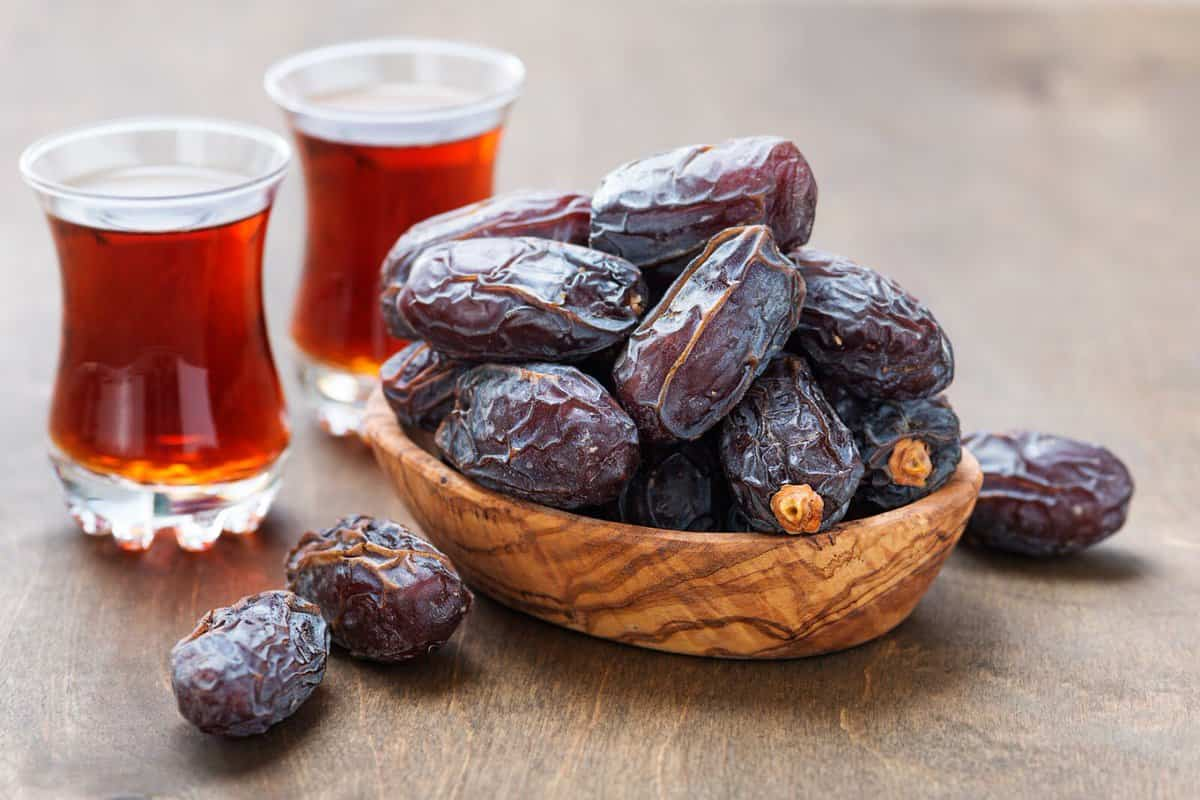 While the International Labor Organization (ILO) and the Independent Child Labor Monitoring Association (IMAC) monitor the issue of child labor in Pakistani ball manufacturing facilities on a case-by-case basis, workers’ rights organizations are also making statements. that Pakistan, India, China, and Thailand are failing to meet their requirements for protecting ballplayers’ rights According to research undertaken by a Pakistani ball manufacturing business, all of its employees are temporary workers, and Pakistani women working in the field endure double prejudice in addition to being paid less than males. Furthermore, pregnant workers may lose their employment, and Pakistani ball and stitching mills have been criticized for their deplorable working conditions. Even during the 2010 World Cup in South Africa, a campaign was scheduled to be launched to criminalize child labor and improve the salary of active employees at Pakistan’s ball-making factories, but no one paid attention to it. Many young children between the ages of five and fourteen are reportedly forced to work ten to eleven hours each day in Pakistani ball stitching factories. Recently (in 1393 AH), the threat posed by competitors in the ball sewing industry resulted in the firing of a large number of employees at one of Pakistan’s major ball production facilities, but this allowed the expelled children to continue working in other fields, such as cotton harvesting, where working conditions are much harsher and crueler than before.
While the International Labor Organization (ILO) and the Independent Child Labor Monitoring Association (IMAC) monitor the issue of child labor in Pakistani ball manufacturing facilities on a case-by-case basis, workers’ rights organizations are also making statements. that Pakistan, India, China, and Thailand are failing to meet their requirements for protecting ballplayers’ rights According to research undertaken by a Pakistani ball manufacturing business, all of its employees are temporary workers, and Pakistani women working in the field endure double prejudice in addition to being paid less than males. Furthermore, pregnant workers may lose their employment, and Pakistani ball and stitching mills have been criticized for their deplorable working conditions. Even during the 2010 World Cup in South Africa, a campaign was scheduled to be launched to criminalize child labor and improve the salary of active employees at Pakistan’s ball-making factories, but no one paid attention to it. Many young children between the ages of five and fourteen are reportedly forced to work ten to eleven hours each day in Pakistani ball stitching factories. Recently (in 1393 AH), the threat posed by competitors in the ball sewing industry resulted in the firing of a large number of employees at one of Pakistan’s major ball production facilities, but this allowed the expelled children to continue working in other fields, such as cotton harvesting, where working conditions are much harsher and crueler than before. 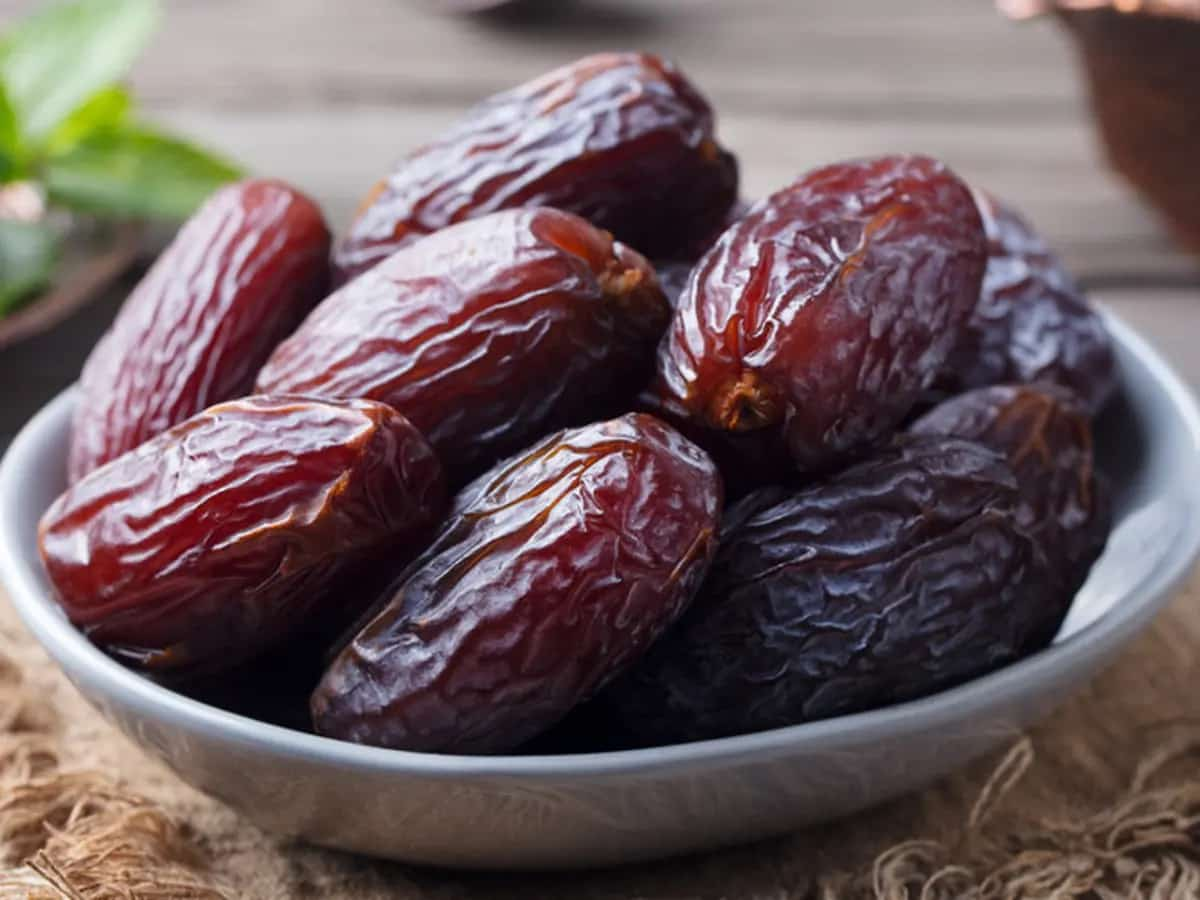 Zahidi dates, which are one of the most well-known dried fruits and dates from Iran in a significant way, are also known as Zahidi dates in all but a few regions of the country. They are primarily grown in a number of southern Iranian provinces. Contrary to popular belief, it appears to be rounded and is particularly thin at one end. This product is distinctively yellow while unripe; when mature, it takes on a delicate light brown color. Zahedi dates are now available online at a very reasonable price. Zahidi dates are recognized for being a tasty snack with a substantial amount of nutrients. Since consuming only one meal a day would provide you with enough energy to last the whole day, it is also known as a “energy bomb.” The categories listed below cover all of its distinctive characteristics. We would like to draw your attention to the following: One of Zahedi dates’ most important attributes is its ability to assist people with iron shortages in producing blood, and children and teenagers who consume dates may have stronger bones and better bone development. Of course, dates may improve heart and blood vessel health and reduce the risk of stroke. Dates reduce inflammatory bowel reactions and improve constipation. Dates are, of course, also used to postpone aging and hair loss. Our company has recently experienced success, placing us at the top of the market for our industry. We put a lot of work into ensuring that our employees obtain the most recent marketing training, allowing us to consistently meet or exceed the expectations of our customers in several nations across the globe.
Zahidi dates, which are one of the most well-known dried fruits and dates from Iran in a significant way, are also known as Zahidi dates in all but a few regions of the country. They are primarily grown in a number of southern Iranian provinces. Contrary to popular belief, it appears to be rounded and is particularly thin at one end. This product is distinctively yellow while unripe; when mature, it takes on a delicate light brown color. Zahedi dates are now available online at a very reasonable price. Zahidi dates are recognized for being a tasty snack with a substantial amount of nutrients. Since consuming only one meal a day would provide you with enough energy to last the whole day, it is also known as a “energy bomb.” The categories listed below cover all of its distinctive characteristics. We would like to draw your attention to the following: One of Zahedi dates’ most important attributes is its ability to assist people with iron shortages in producing blood, and children and teenagers who consume dates may have stronger bones and better bone development. Of course, dates may improve heart and blood vessel health and reduce the risk of stroke. Dates reduce inflammatory bowel reactions and improve constipation. Dates are, of course, also used to postpone aging and hair loss. Our company has recently experienced success, placing us at the top of the market for our industry. We put a lot of work into ensuring that our employees obtain the most recent marketing training, allowing us to consistently meet or exceed the expectations of our customers in several nations across the globe.  We have extended our working hours in order to be accessible throughout the day as a direct consequence of this. Even though franchisees make up the vast majority of our customers, we nonetheless have fruitful working relationships with a number of companies that are engaged in the provision of products and services. Because customers may simply purchase our products whenever they want, day or night, we have developed into the most prosperous exporter in the history of international trade. This element never changes since we always have free access to our land. In this situation, adaptability is absolutely essential. We have total trust in each and every one of our instruments, which is one of the main reasons we have been able to succeed as a group.
We have extended our working hours in order to be accessible throughout the day as a direct consequence of this. Even though franchisees make up the vast majority of our customers, we nonetheless have fruitful working relationships with a number of companies that are engaged in the provision of products and services. Because customers may simply purchase our products whenever they want, day or night, we have developed into the most prosperous exporter in the history of international trade. This element never changes since we always have free access to our land. In this situation, adaptability is absolutely essential. We have total trust in each and every one of our instruments, which is one of the main reasons we have been able to succeed as a group.
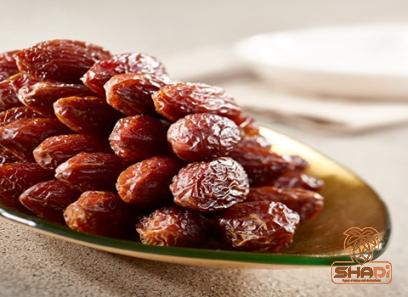
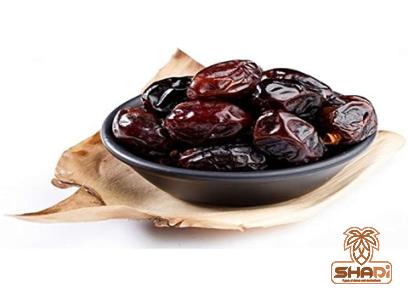

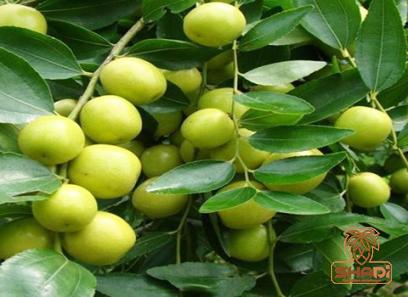
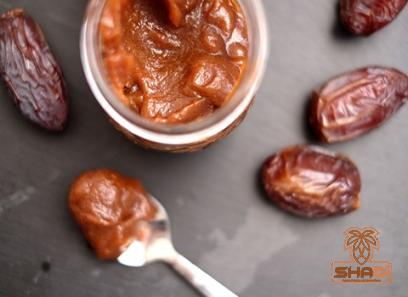





Your comment submitted.